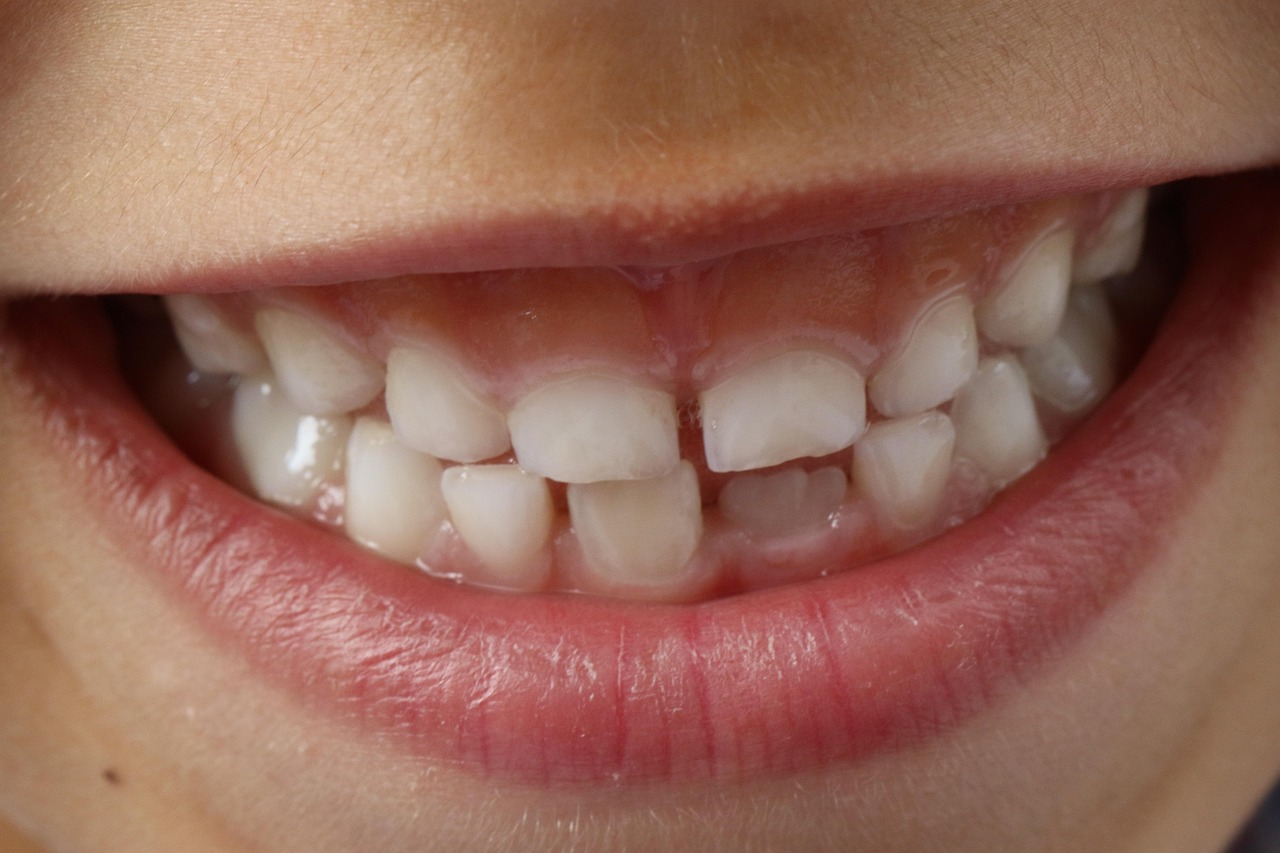
Of the many privileges that come with aging are back pain, high cholesterol, hair thinning…
Gee thanks, Dave…(chuckle)..okay, here’s another one: losing your teeth! And that’s not limited to aging. People lose their teeth from gum disease, poor dental care, even genetics or hockey.
So, wouldn’t it be great to be able to regrow a new one instead of expensive painful fake implants? Scientists have been working on that.
Humans have molecules that form signaling pathways to coordinate the growth of teeth as well as some organs and tissues. Two of those molecules are BMP and Wnt. They stop the formation of teeth after our permanent teeth come in. Now scientists are targeting proteins that block those pathways specifically in tooth development to stimulate teeth to grow.
The protein, USAG-one, would stimulate tooth growth if it is blocked, but researchers did not know if that alone would do it. USAG-one interacts with both BMP and Wnt, so the key is to see whether blocking the protein would affect other parts of the body. They treated lab mice with antibodies targeting the protein and some led to poor survival rates. Eventually, they found one that only affected the interaction of USAG-one with BMP and blocked the BMP signaling.
When they tested this on mice, they were able to grow a new tooth and later, also in ferrets whose dental pattern is like that of humans. The next step is to test the antibody on other USAG-one in animals such as pigs and dogs. If that works out, we’ll get closer to human trials.
More Information
Anti–USAG-1 therapy for tooth regeneration through enhanced BMP signaling
Like beaks, nails, horns, and several eccrine glands, teeth are ectodermal organs. Tooth morphogenesis is regulated by a signal transduction network involving interactions between the epithelium and mesenchyme. Analyses of mouse models have begun to clarify the genetic factors and molecular and pathological mechanisms underlying these conditions
New drug to regenerate lost teeth
A new study by scientists at Kyoto University and the University of Fukui reports that an antibody for one gene -- uterine sensitization associated gene-1 or USAG-1 -- can stimulate tooth growth in mice suffering from tooth agenesis, a congenital condition. The paper was published in Science Advances.
Humans May Be Able to Grow New Teeth Within Just 5 Years
While bones can regrow themselves when they break, teeth aren’t so lucky, and that leads to millions of people worldwide suffering from some form of edentulism, a.k.a. toothlessness. Now, Japanese researchers are moving a promising, tooth-regrowing medicine into human trials. If the trial is successful, the researchers hope the drug will become available for all forms of toothlessness sometime around 2030.